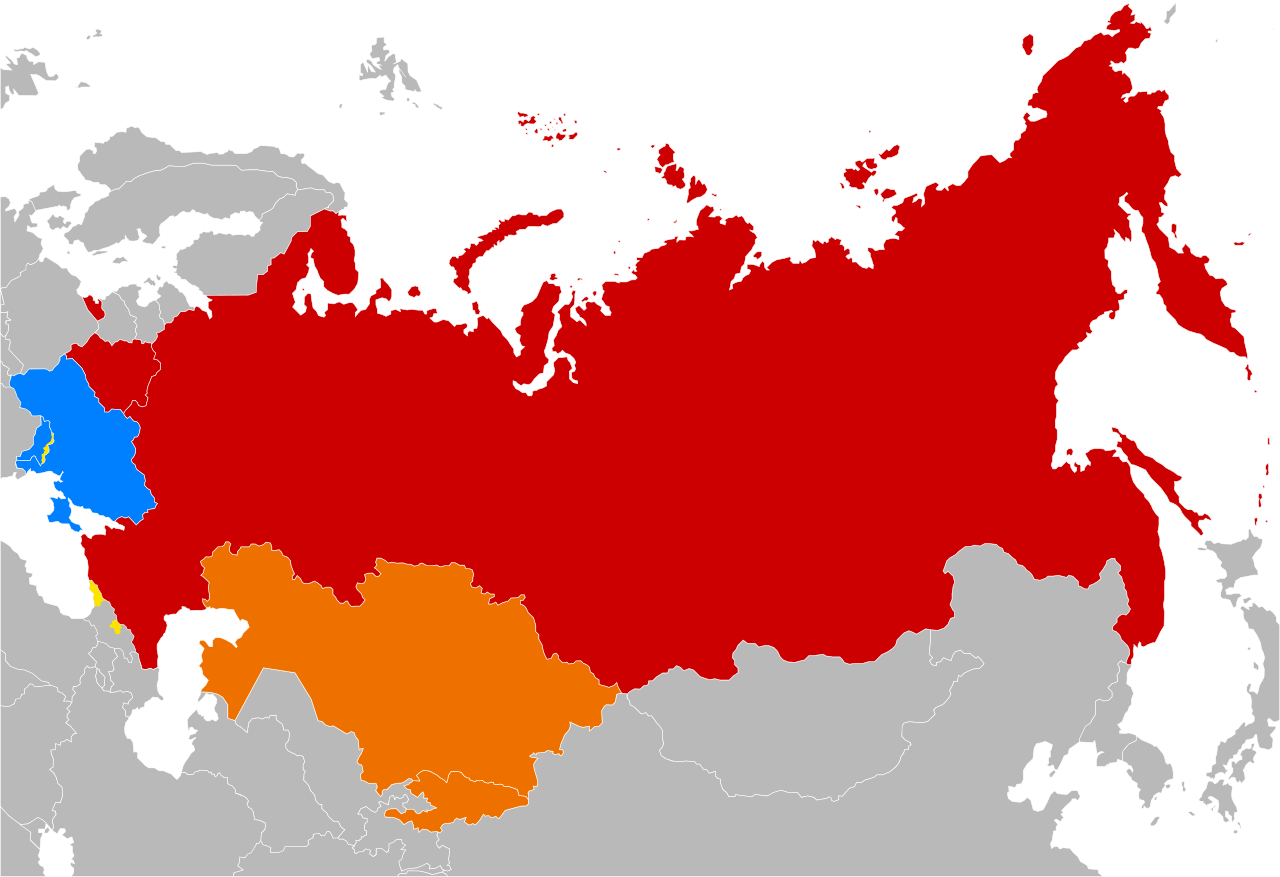The West notices the “soft annexation” of Belarus while the Belarusian regime denies everything and offers negotiations
 The situation has not changed
The situation has not changed

The creeping annexation of Belarus is becoming obvious in the West, however, the only reactions to date are expressions of concern. Minsk denies that deployment of Russian troops and nuclear weapons constitutes a loss of sovereignty and is trying to adopt an image of peacemaker and mediator regarding possible negotiations between Russia and Ukraine. Lukashenka does not believe the Ukrainian counteroffensive will succeed and is preparing for negotiations on Russian terms, allowing him to achieve his own security objectives.
The 30th annual session of the OSCE Parliamentary Assembly (OSCE-PA) ended in Vancouver, with the adoption of a declaration and several resolutions involving Belarus. The declaration notes the “imperialist and colonial nature” of Russia and asserts that Moscow is carrying out a “soft annexation” of Belarus. The OSCE-PA also condemns the Russian invasion of Ukraine, “the shameful role of Belarus as a co-aggressor”, and notes that Belarus is “increasingly approaching the status of an active party to the war.” The document further condemns the abduction of Ukrainian children and demands that Russian officials involved in this, as well as “those representatives of the Belarusian regime who are also involved in these practices, be brought to justice.”
Lukashenka denies any surrender of Belarusian sovereignty, despite the deployment of Russian troops and tactical nuclear weapons in the country and declares that he remains in power thanks to the people. He will consult with his “big brother” (V. Putin) before making decision regarding a trip to the UN summit on sustainable development.
US Secretary of State Antony Blinken addressed Belarusians on official Independence Day. For 30 years, the United States has stood for a democratic, independent, and sovereign Belarus and remains steadfast in this support.
Latvian President Edgars Rinkēvičs mentioned Belarus during his inauguration speech in the Saeima, noting that Europe and the world as a whole are under threat from imperial Russia and the Lukashenka regime.
The presidents of Lithuania and Poland, Gitanas Nauseda and Andrzej Duda, expressed concern about the growing Belarusian dependence on Russia in their joint declaration following a meeting in Vilnius. The declaration condemns Belarus’ support for Russian aggression against Ukraine, emphasises the risks posed by the deployment of nuclear weapons, calls for an end to repression of civil society, and announces measures against the BelNPP (Nuclear Power Plant). The Polish Foreign Ministry issued a strong protest regarding pressure on Belarusian holders of a “Pole’s card”, and expressed alarm at the policy of the Belarusian regime towards Poles living in Belarus.
Lukashenka used a press conference with foreign and Belarusian media to propose himself once again as a peacemaker and issue a Russian ultimatum to Ukraine and the West. He is ready to welcome to Belarus not only the “Wagnerites”, but also the monks of the Kyiv Pechersk Lavra, representatives of the Ukrainian Orthodox Church of the Moscow Patriarchate (UOC-MP), who in March of this year lost the right to free use of the property of the Lavra.
The essence of the ultimatum is that Ukraine must abandon the counteroffensive, agree to negotiations without preconditions and recognise the new territorial realities (Russian control over the southeastern territories of Ukraine). Otherwise, Ukraine will allegedly face a powerful counterattack by Russian troops from the Donbass to Transnistria, which will cut off Ukraine from access to the Black Sea and settle the matter of Ukrainian statehood. He also noted that preserving the western territories of Ukraine under the protectorate of the West is absolutely unacceptable for Belarus and Russia.
Although Lukashenka stated that there are no plans to attack on Ukraine from Belarusian territory, he also confirmed that the Kremlin is considering the option of repeating the original strategic plan of February-March 2022, which included strikes from the territory of Belarus.
Lukashenka does not believe that Ukraine can succeed and expects that the Ukrainian counteroffensive will grind to a halt in the Autumn, opening a window of opportunity to start negotiations on Russian terms. Consequently, he is trying to stake out a role for himself and Belarus as mediator and venue. He further believes that Ukrainian President, Volodymyr Zelensky, opposes negotiations with Russia, European countries are in favour, and the United States occupies an intermediate position. The Belarusian Foreign Ministry sees “obvious interest” in negotiations on the war in Ukraine. Belarus wants to be a participant in these negotiations, because “it wants security guarantees for itself.”
Subscribe to our newsletter




Situation in Belarus
Constitutional referendum: main consequences


 Video
Video
How to count the political prisoners: are the new criteria needed?


 Video
Video
Paternalism In Decline, Belarusian Euroscepticism, And The Influence Of Russia


 Video
Video












